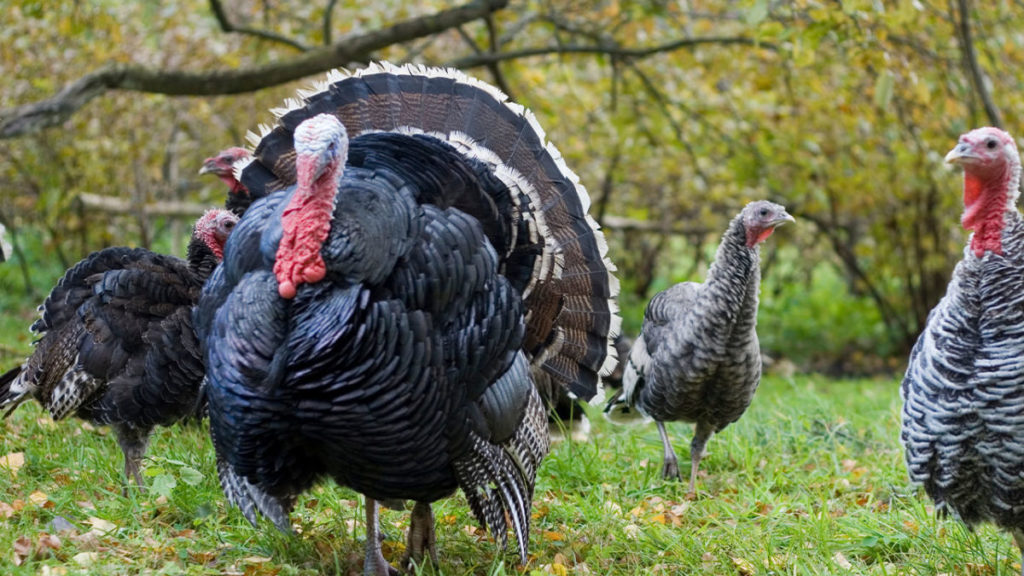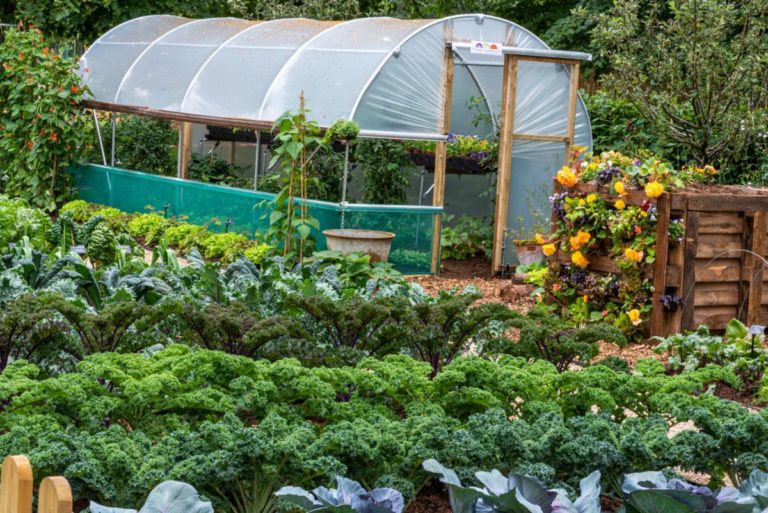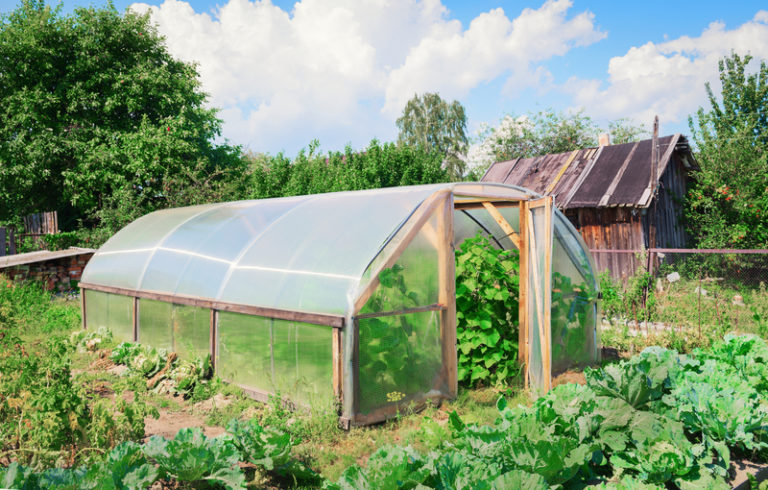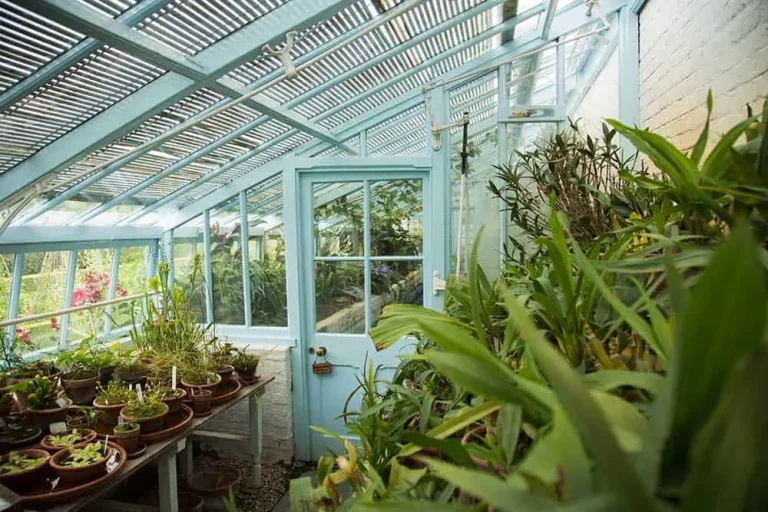Raising turkeys can be a rewarding and delicious experience for those embarking on an off-grid adventure.
Not only do these birds provide a sustainable source of protein, but they also require minimal infrastructure and care compared to other livestock.
Whether you’re looking to supplement your homegrown food supply or simply enjoy the joy of raising animals, turkey farming can be an excellent addition to your off-grid lifestyle.
With proper planning, management, and care, you can successfully raise healthy and productive turkeys from farm to table in your off-grid adventure.
Planning and Preparation
Before you start raising turkeys, it’s essential to plan and prepare your farm. Consider the size of your property, the climate, and the resources you have available. Research different breeds of turkeys and choose the ones that are best suited for your farm and off-grid lifestyle.
Before you start raising turkeys, it’s essential to plan and prepare your farm.
The first step is to carefully assess the size of your property and consider how many turkeys you can accommodate.
Depending on the breed, each turkey requires several square feet of space to roam, forage, and grow.
Some breeds, like the heritage varieties, require even more space than others.
Also, think about your local climate and how that may impact the care of your birds.
For example, if you live in a wetter climate, you’ll want to ensure that your coop is well-ventilated and drains well to prevent mold growth.
You’ll want to consider what resources you have available to you.
For example, you may want to consider whether your water source is reliable, whether or not you have access to quality feed, and what types of fencing or enclosures will work best for your turkeys.
Another important consideration is choosing the right breed of turkey for your off-grid lifestyle.
Do you have a preference for eggs or meat production?
How often do you need to harvest?
Different breeds specialize in different areas, and some are better suited to backyard farming than others.
Do your research to select the breed(s) that will work best for your operation and goals.
Breeding and Hatching
To start, you’ll need to breed your turkeys. You can either purchase breeding pairs or hatch eggs yourself. Make sure you have a safe and healthy environment for the turkeys to breed and hatch their young.
To start your turkey farming journey, you’ll need to breed your turkeys.
There are two options for doing this: purchasing breeding pairs or hatching eggs yourself.
If you choose to purchase breeding pairs, make sure to buy from a reputable breeder to ensure you’re getting healthy and disease-free birds.
On the other hand, if you decide to hatch eggs yourself, you’ll need to have a safe and healthy environment for the turkeys to breed and hatch their young.
This means providing clean and spacious housing, proper ventilation, and adequate nutrition for the birds.
You’ll need to ensure the safety and well-being of the breeding turkeys, as stressed or sick birds can lead to infertile eggs or poor hatching rates.
Overall, careful planning and attention to detail are important when breeding turkeys to ensure the health and productivity of your flock.
Nesting and Brooding
Once the eggs hatch, the female turkeys will need a safe and warm place to raise their poults (baby turkeys). Provide a brooder or a protected area with adequate heat and ventilation.
Once the eggs hatch, the female turkeys will need a safe and warm place to raise their poults (baby turkeys).
To ensure the health and well-being of the poults, it is essential to provide a brooder or a protected area with adequate heat and ventilation.
The brooder should be equipped with a heat source, such as a heat lamp or a heating pad, to maintain a temperature of around 90-95°F (32-35°C) for the first few weeks of the poults’ lives.
This warmth will help the poults to grow and develop properly, and will also help to prevent hypothermia and other cold-related health issues.
The brooder should have good ventilation to prevent the buildup of ammonia and other harmful gases.
A safe and warm brooder will help to ensure the health and well-being of the female turkeys and their poults, and will also help to prevent the spread of disease.
By providing a proper brooder, you can help to ensure the success of your turkey hatching and rearing operation.
Feeding and Watering
Turkeys need a balanced diet that includes grains, proteins, and vegetables. Provide fresh water and food at all times, and make sure the water is clean and free from contaminants.
To ensure the optimal health and well-being of your turkeys, it is essential to provide them with a balanced diet that includes a variety of grains, proteins, and vegetables.
Grains, such as wheat, oats, and barley, are an important source of energy for turkeys, while proteins, such as soybeans, sunflower seeds, and mealworms, help to build and repair their muscles and tissues.
A diet rich in vegetables, such as leafy greens, carrots, and sweet potatoes, provides essential vitamins and minerals that support overall health and immune function.
In addition to a balanced diet, it is important to provide fresh water and food at all times, and make sure the water is clean and free from contaminants to prevent the spread of disease.
Proper nutrition and clean water are key to maintaining the health and well-being of your turkeys.
Fencing and Security
Turkeys need a secure and protective fence to prevent them from escaping or being predated. Choose a fence that is sturdy and tall enough to keep the turkeys contained and safe.
When it comes to raising turkeys, a secure and protective fence is important to ensure the safety and well-being of the birds.
A sturdy and tall fence is essential to prevent the turkeys from escaping and to protect them from predators such as coyotes, foxes, and other wild animals.
Look for a fence that is made of durable materials such as wood or metal, and that stands at least 6 feet tall.
The fence should be securely closed and have no gaps or openings that could allow the turkeys to slip out or predators to enter.
By investing in a high-quality fence, you can provide a safe and secure environment for your turkeys to thrive.
Health and Vaccinations
Just like any other livestock, turkeys need regular check-ups and vaccinations to ensure their health and well-being. Work with a local veterinarian to determine the best vaccination and health care plan for your flock.
As a responsible turkey farmer, it is important to prioritize the health and well-being of your birds.
Just like any other livestock, turkeys require regular check-ups and vaccinations to maintain their health and prevent the spread of diseases.
A local veterinarian can help you determine the best vaccination and health care plan for your flock based on factors such as the turkey breed, age, and geographical location.
Regular check-ups with a veterinarian can help identify any potential health issues early on and prevent the spread of diseases.
A veterinarian can also provide guidance on proper nutrition, housing, and management practices to ensure the health and well-being of your turkeys.
Vaccinations are an essential component of a turkey’s health care plan.
Vaccinations can protect your birds against diseases such as infectious bronchitis, Marek’s disease, and avian influenza.
Working with a local veterinarian to develop a vaccination schedule can ensure that your turkeys receive the appropriate vaccinations at the right age and intervals.
In addition to vaccinations, a health care plan for your turkey flock should also include regular parasite control measures to prevent the spread of internal and external parasites.
This can include deworming and pest control measures to ensure that your birds are not exposed to harmful parasites.
Overall, working with a local veterinarian to develop a comprehensive health care plan for your turkey flock is important to ensure the health and well-being of your birds.
By prioritizing regular check-ups, vaccinations, and parasite control measures, you can ensure that your flock remains healthy and productive.
Processing and Butchering
Once your turkeys are grown, you’ll need to process and butcher them for meat. This can be a challenging task, but it’s essential for producing food for your off-grid adventure. Research safe and humane methods of processing and butchering turkeys, and make sure you have the necessary equipment and expertise.
Once your turkeys are grown, it’s essential to process and butcher them for meat in a safe and humane manner.
Proper processing and butchering ensure that the meat is safe for consumption and reduces the risk of foodborne illness.
To begin, research various methods of processing and butchering turkeys, such as using a commercial slaughterhouse, processing the birds yourself, or hiring a professional to do it for you.
Each method has its pros and cons, so it’s important to consider your resources, skill level, and personal preferences when deciding which approach to take.
Once you’ve decided on a method, you’ll need to acquire the necessary equipment and expertise to carry out the processing and butchering tasks.
This may include specialized knives, cutting boards, and other tools, as well as knowledge on how to humanely euthanize the birds and how to properly clean and package the meat.
It’s also essential to follow proper food safety guidelines throughout the entire process to prevent contamination and foodborne illness.
In addition to the equipment and expertise, it’s important to consider the logistics of the processing and butchering process.
You’ll need to ensure that the birds are kept at a comfortable temperature and that the processing area is clean and well-ventilated.
You should also have a plan in place for disposing of the birds’ carcasses and any waste generated during the processing and butchering process.
Overall, processing and butchering turkeys for meat is a critical step in producing food for your off-grid adventure.
By researching safe and humane methods, investing in the proper equipment, and following food safety guidelines, you can ensure that you have a reliable source of protein for your table.
Marketing and Sales
If you plan to sell your turkey meat, you’ll need to market and sell it effectively. Create a brand and a marketing strategy that highlights the quality and uniqueness of your turkey meat. Consider selling through local farmers’ markets, community-supported agriculture programs, or directly to restaurants and grocery stores.
If you plan to sell your turkey meat, it’s important to effectively market and sell it to stand out in the competitive meat industry.
Creating a strong brand and a well-thought-out marketing strategy can help you differentiate your product and showcase its high quality and uniqueness to potential customers.
To begin, you should consider developing a catchy brand name and eye-catching packaging that will make your product stand out on store shelves or at farmers’ markets.
Next, you’ll want to craft a compelling marketing message that highlights the benefits of choosing your turkey meat, such as its humanely raised, antibiotic-free, and hormone-free qualities.
This message can be conveyed through social media, email marketing, and in-person interactions at farmers’ markets and with potential restaurant and grocery store buyers.
In addition to these traditional marketing tactics, you may also consider partnering with local food bloggers, influencers, or culinary experts to showcase your turkey meat in their recipes and blog posts.
This can help increase your product’s visibility and generate buzz among potential customers.
When selling directly to restaurants and grocery stores, it’s important to emphasize your product’s quality, consistency, and convenient packaging options.
You may also consider offering samples of your turkey meat to chefs and buyers to let them experience the taste and quality of your product firsthand.
Overall, effective marketing and sales strategies are important to the success of your turkey meat business.
By highlighting the unique qualities of your product and effectively reaching out to potential customers, you can build a strong brand and a loyal customer base.
To successfully sell your turkey meat, you’ll need to develop a strong brand and effective marketing strategy that showcases the quality and uniqueness of your product.
This can include creating a visually appealing and informative website, leveraging social media platforms to engage with potential customers, and participating in farmers’ markets and food festivals to connect with potential buyers.
Consider partnering with local food influencers and bloggers to showcase your turkey meat in their recipes and blog posts.
This can help increase your product’s visibility and generate buzz among potential customers.
When selling directly to restaurants and grocery stores, it’s important to emphasize the quality, consistency, and convenient packaging options of your turkey meat.
This can involve offering a variety of cuts and packaging options, such as ground turkey, turkey breasts, and turkey burgers, to meet the specific needs of your customers.
Consider offering a subscription service or a loyalty program to incentivize repeat customers and foster a loyal following.
By implementing these strategies, you can effectively market and sell your turkey meat to a loyal customer base and position your business for long-term success.
Want More? Dive Deeper Here!
Hey there! If you’re the type who loves going down the rabbit hole of information (like we do), you’re in the right spot. We’ve pulled together some cool reads and resources that dive a bit deeper into the stuff we chat about on our site. Whether you’re just killing time or super into the topic, these picks might just be what you’re looking for. Happy reading!






